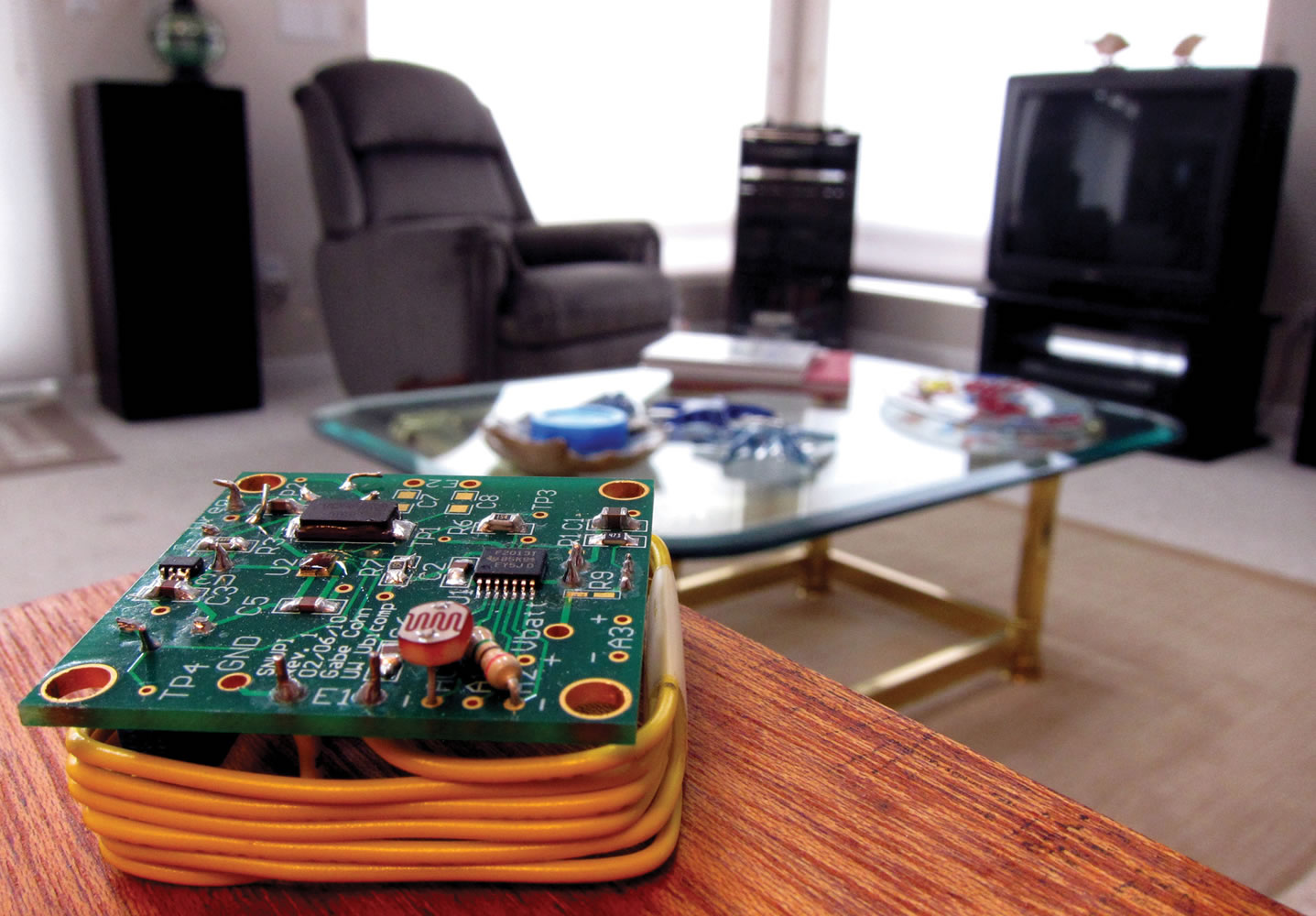You’ve likely never heard of ONAMI or C4C, but these two organizations might represent some of the most promising opportunities for economic development that we’ve never considered in Clark County.
ONAMI — the Oregon Nanoscience and Microtechnologies Institute — bills itself as Oregon’s first Signature Research Center. It is a collaboration of Oregon universities, the Pacific Northwest National Laboratory, private industry, and investors. ONAMI’s purpose is to provide resources to accelerate the development of “materials science and related device and system technologies in Oregon.” In essence, it is an incubator where cutting-edge entrepreneurs can get the support, facilities, and investment they need to take a great high-tech idea from brainstorm to production.
C4C — shorthand for the University of Washington Center for Commercialization — serves a similar purpose in our state, affording the infrastructure, support, and investment to help inventors perfect their inventions and get them ready for production.
These organizations are essentially growing new companies. They provide everything from lab space to business planning to try to get great ideas into production and in the marketplace.
What happens when one of these companies is ready to leave the ONAMI or C4C nest? They have to find a place that will support their need for the next phase: small-scale production. But to date, there has been no concerted effort to provide a production space that is both affordable and adequate in terms of infrastructure.
Until now, that is. The Port of Chehalis, in partnership with Centralia College and the Lewis County Economic Development Council, has just completed a feasibility study for a facility at the port that would be suitable to house one or more of these emerging companies. Citing their good schools, small-town atmosphere, at-the-ready college training capabilities, and shovel-ready land, the port and its partners are well on the way toward creating the first of its kind small-scale production facility. The port started with one idea — an incubator housing emerging energy technologies — but based on research concluded the real opportunity was filling a demand that hadn’t quite been articulated yet — the transitional facility from proving technology to producing it at a small scale.
Their intent, of course, goes beyond the initial incubation of these companies. Once they have proven their production capabilities on a small scale, the port wants to be in a position to help them expand their operations by building larger production facilities in Chehalis.
Here in Clark County, our economic development leaders should constantly monitor groups like ONAMI and C4C. Organizations like these are the breeding ground for new companies and new jobs. The Port of Chehalis offers some guidance.
While the port and its partners are still testing their idea, the fact of the matter is that they are well down the road to being able to provide a customized facility for what should be some of the Northwest’s most exciting new companies. When they’re ready for even larger facilities, perhaps some will choose to locate in Clark County.
John D. White is vice president at BergerABAM, which was prime contractor for the Port of Chehalis’ feasibility study.



